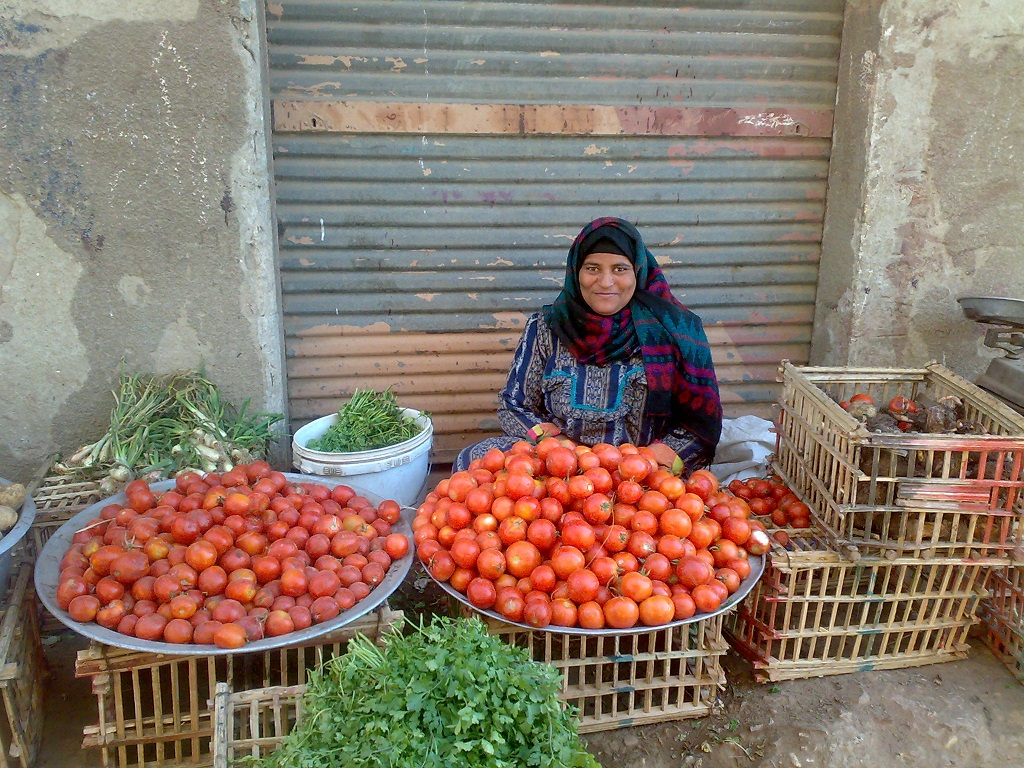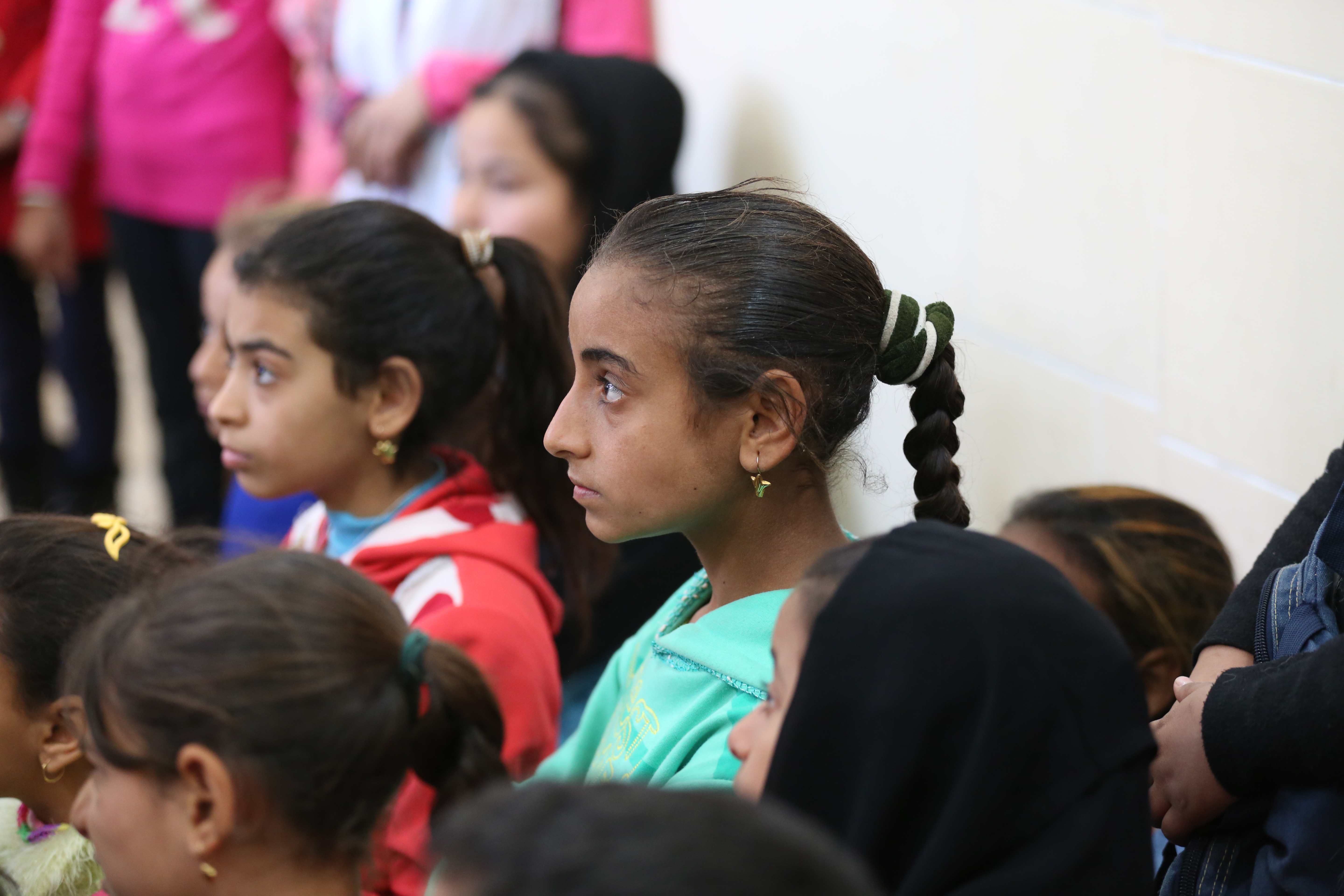by kbarsoum | Jun 18, 2012 | Approaches to Charity and Development
One of my favorite verses in the Bible these days is Hosea 11:1: “When Israel was a child, I loved him, and out of Egypt I called my son.” (ESV) I find so much in this verse about the fatherhood of God and the story of my own adoption in Christ through the Holy...

by kbarsoum | Jun 11, 2012 | "The Widow's Cause", Approaches to Charity and Development
In Iman’s village near Assuit in Southern Egypt, it is not considered acceptable for a woman, let alone a widow to start a public business. But for Iman, depending on someone to support her family was not an option. Since her husband’s death, Iman had struggled to...

by kbarsoum | Jun 6, 2012 | Approaches to Charity and Development, Issues:Education
Miriam had a chronic problem. Before exams, she would cry all night and sometimes even faint in anticipation. Her reaction was not surprising. She lost her father to drugs and alcohol and her mother was left with 11 children to support. School wasn’t much of a haven...
by kbarsoum | May 15, 2012 | Approaches to Charity and Development, Coptic Church, Egypt Church-Based Volunteers
H.G. Bishop Loukas of the Diocese of Abanoub & El Fateh has had a tremendous ministry to orphans. In the excerpt below from the Diocese Anniversary Book, he talks about his involvement with Coptic Orphans. Actually I found this service [Coptic Orphans] better than...
by kbarsoum | Apr 15, 2012 | Approaches to Charity and Development
Anyone else used to love the emails of the late Fr. Antonious Henein of Holy Virgin Mary Church in Los Angeles, with their short Patristic sayings and beautiful icons? Someone once told me a story about Abouna Antonious. Fr. Antonious lamented, “I can’t...
by kbarsoum | Apr 11, 2012 | Approaches to Charity and Development
Many people don’t know that most children in orphanages around the world have living relatives or even parents. The same goes in Egypt. So how do children with family end up in orphanages? The answer is in the special injustices that paternal orphans–or...


